AGROTECHNOLOGY AND BIOSCIENCES
- AGROTECHNOLOGY AND BIOSCIENCES
-
Introduction
The Division of Agrotechnology and Biosciences (BAB), comprises three Groups; Crop Improvement, Agroecosystem Management and Radiation Bioindustry.
Our focus is on nuclear technology-based research, development and commercialisation (R,D&C) for the advancement of the country’s agriculture and bio-based industry, thus ensuring food safety and security for all. The R&D conducted is demand driven, through collaborative work with various government agencies and industrial partners.
This division also provides consultancy and analytical services in the area of radiation mutagenesis, agrotechnology, bioprocessing, and isotope-aided studies and analyses in food and agriculture by qualified research scientists and technical support teams, operating in well-equipped laboratories and other facilities.
The main facilities in BAB are Gamma Greenhouse, Gamma Cell Acute Irradiation Facility, Plant Tissue Culture Laboratory, Stable Isotope Analysis Laboratory, Plant Pathology Laboratory, Plant Nutrition Research Laboratory, Glasshouse, Plant Screening Plot, Irradiated Food Detection Laboratory and Makmal Penghasilan Baka Baharu Cendawan.
We also render our agency’s corporate and social responsibility initiatives through community projects funded by the Government through MOSTI, thus, ensuring members of the community benefit from our R&D activities. In addition, we also provide training to students and trainees from home and abroad, in our effort to promote peaceful uses of nuclear technology, especially in the areas of agriculture and life sciences.
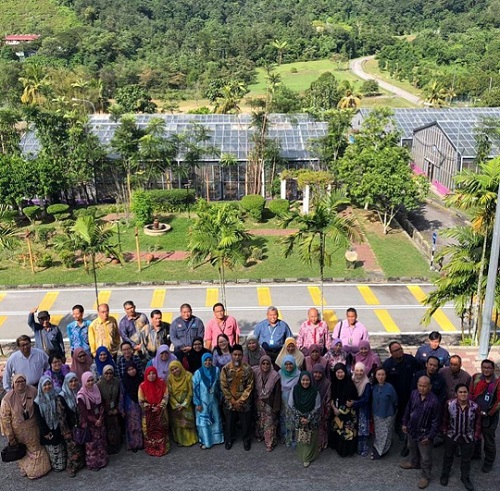
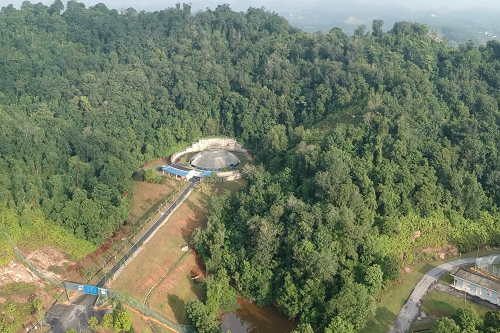
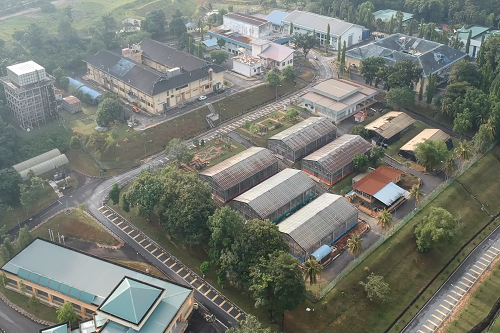
-
Crop Improvement
Main areas of research:
Mutation breeding – researches are carried out using ionizing radiation for mutation induction to generate new plant varieties of food, horticultural and industrial crops. The objective is to produce new plant varieties with various desirable traits such as high yield, improved nutritive values, resilient to climate change, pests and diseases. The main crops of interest are rice, banana, pineapple, cassava, Napier grass, kenaf, mushroom and high-demand ornamental species like orchid and chrysanthemum.
Biotechnology - Research areas in plant biotechnology include the use of plant tissue culture and bioreactor techniques for efficient crop production, speed-breeding technology to accelerate new plant variety development and molecular breeding technique to assist in identifying superior plant varieties.
Facilities that are mainly used in this research are:
- Gamma Greenhouse (GGH)
- Gamma Cell Acute Irradiation Facility
- Plant Tissue Culture Laboratory
- Plant Molecular Biology Laboratory
- Plant Physiology Laboratory
- Bioreactor Plant
As the only research institute to carry out improvement of crop using nuclear technology in Malaysia, training and attachment are also provided to local and foreign trainees. Carry out collaboration with strategic partners in production of new crop varieties as well as technology transfer to stakeholders in crop breeding, tissue culture techniques and bioreactors.
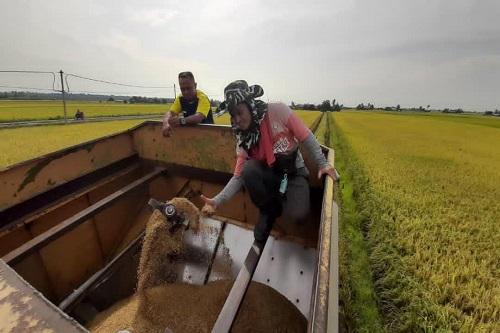
Commercial production of new rice variety at farmers plot 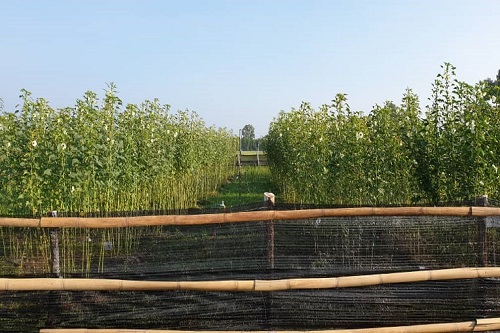
Field trial of Kenaf mutant lines 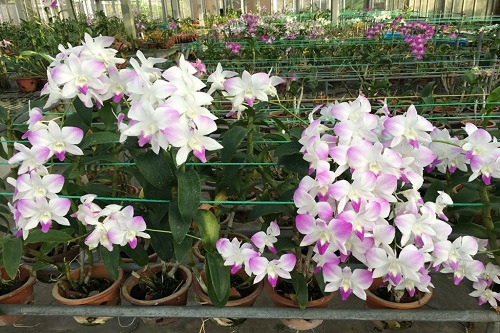
New orchid variety from mutation breeding research 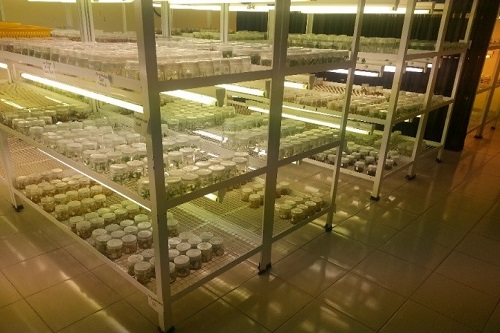
Plant tissue culture facility 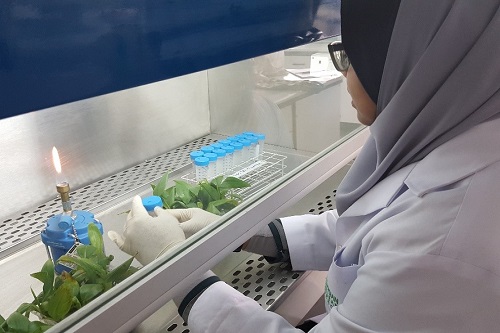
Disease resistance test on potential mutant of banana 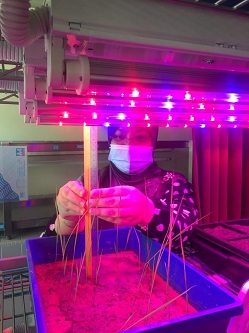
The use of speed breeding technique in new plant variety developement 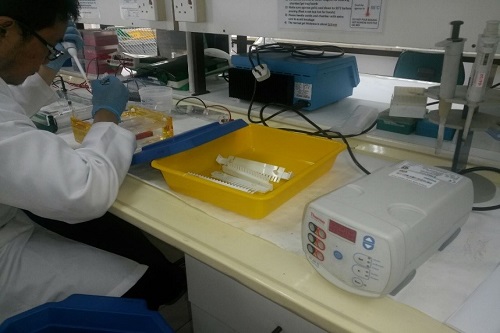
Molecular breeding to identify superior plant variety 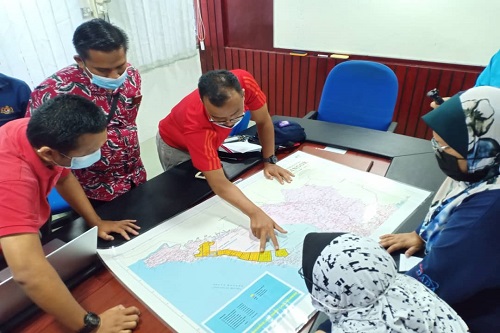
Discussion with collaborator to identify problem faced by farmers 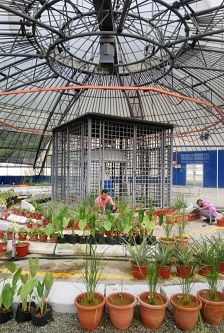
Development of new variety using chronic gamma radiation at Gamma Greenhouse
-
Agroecosystem Management
The main research scope is the use of nuclear technology to increase crop productivity and food safety:
- Water, soil and nutrient management in crop - to ensure food supply and security for the people and the country
- Verification of food authenticity and geographical traceability – for food products such as edible nest swiftlets and honey
- Production and application of biofertilizer – Irradiation technology in the development of microbial mutation and isotopic tracer technique enables production of biofertilizer products
- Assessment of greenhouse gas emission - improving the sustainable agricultural production management system
Main facilities are developed for the purpose of research, development, training and services in this group:
- Stable Isotope Analysis Laboratory
- Plant Pathology Laboratory
- Plant Nutrition Research Laboratory
Research studies related to agroecosystem management are focused on several major crops such as paddy, kenaf, vegetables, oil palm and mango with the involvement of other agencies. As for the food authenticity and traceability system, this group has also collaborated with local authorities that regulate food quality and safety.
Collaborations were also made for the development of new technologies related to the identification of counterfeit and contaminants in food products to boost consumer’s trust and confidence toward local products.

Soil sampling and Nitrogen Use Efficiency Study on Mangga Harum Manis using Isotopic Tracer Technique 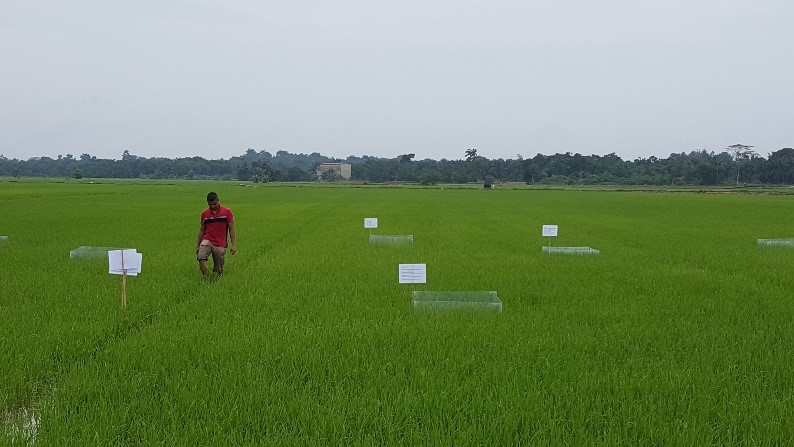
Nitrogen Use Efficiency Study on Rice Crop using Isotopic Tracer Technique 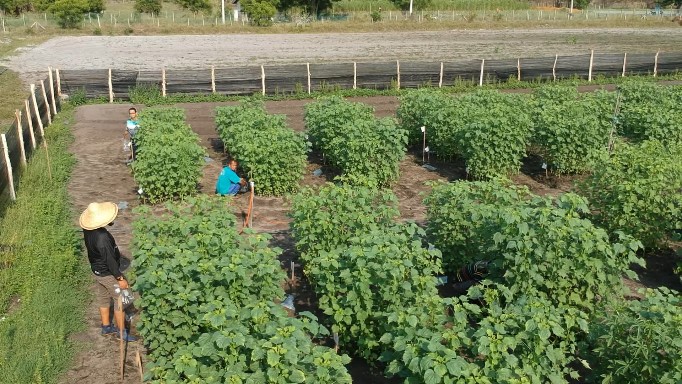
Nitrogen and water Use Efficiency Study on Kenaf Crop using Isotopic Tracer Technique 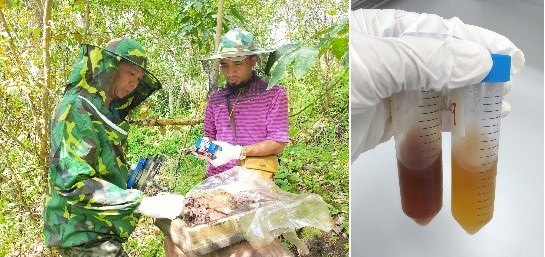
Authenticity and Traceability Study of Honey using Isotopic Tracer Technique 
Biofertilizer production using Irradiation Technology 
Greenhouse Gases Emission Study on Rice Crop -
Radiation Bioindustry
The main research areas:
Microbial bioprocessing and bioproducts development - The microbes studied are mainly fungi/mushroom and bacteria. The main activities involved are mutation breeding in solid state fermentation as well as submerged culture fermentation. The microbes were irradiated to produce new varieties of mushroom and bacteria. Then, in solid state fermentation, various mushroom related bioprocessing are being carried out to produce solid seed, liquid seeds, mushroom powder and its related functional food products such as food seasoning, mushroom tea and so-on. Besides that, bioactive compounds (metabolites) are being generated in submerged culture fermentation, to cater for biotechnological needs of industry. New strains of bacteria are being produced to be applied in the water quality related field as well as producing bioplastics materials.
Food irradiation - The main components of radiation application in food related fields are food irradiation, phytosanitary and detection of irradiated food. Food irradiation will inhibit the growth of microorganism responsible for food degradation thus providing quality control tools and food security to the consumers. Phytosanitary treatments are used to disinfest agricultural commodities of quarantine pests so that the commodities can be exported to areas where the pests are prohibited. For the detection of irradiated food, photostimulated luminescence (PSL) technique is being used to detect irradiation of any food providing rapid, non-destructive and low cost methods for screening a wide range of food types.
Sterile Insect Technique (SIT) – The Sterile Insect technique will be developed to control the population of pests/insects. Insects will be sterilized by exposing them to low dose of radiation and then released to the infested area to reduce its population.
Main facilities including:
- Irradiated Food Detection Laboratory,
- Bioproduct Laboratory,
- Phytosanitary Laboratory,
- Microbial Biotechnology Laboratory,
- Centre for Agroproduct Development
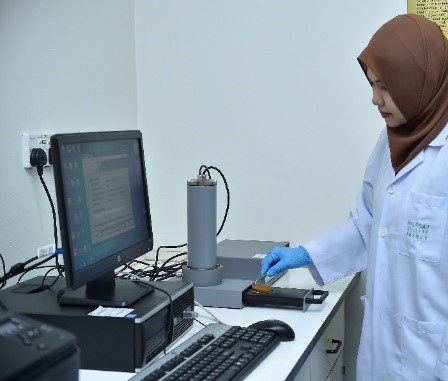
Photostimulated luminescence (PSL) technique is being used for rapid detection of irradiated food 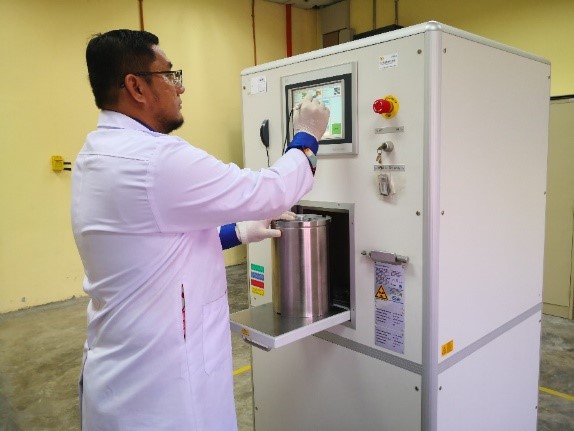
The microbes were irradiated to produce new strains of mushroom and bacteria 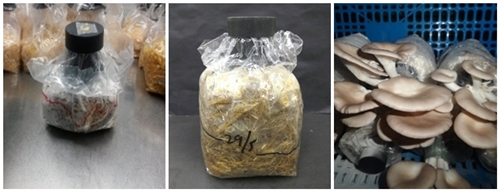
Various mushroom related bioprocessing is being carried out to produce solid seed, liquid seeds, mushroom powder and its related functional food products such as food seasoning, mushroom tea and so-on
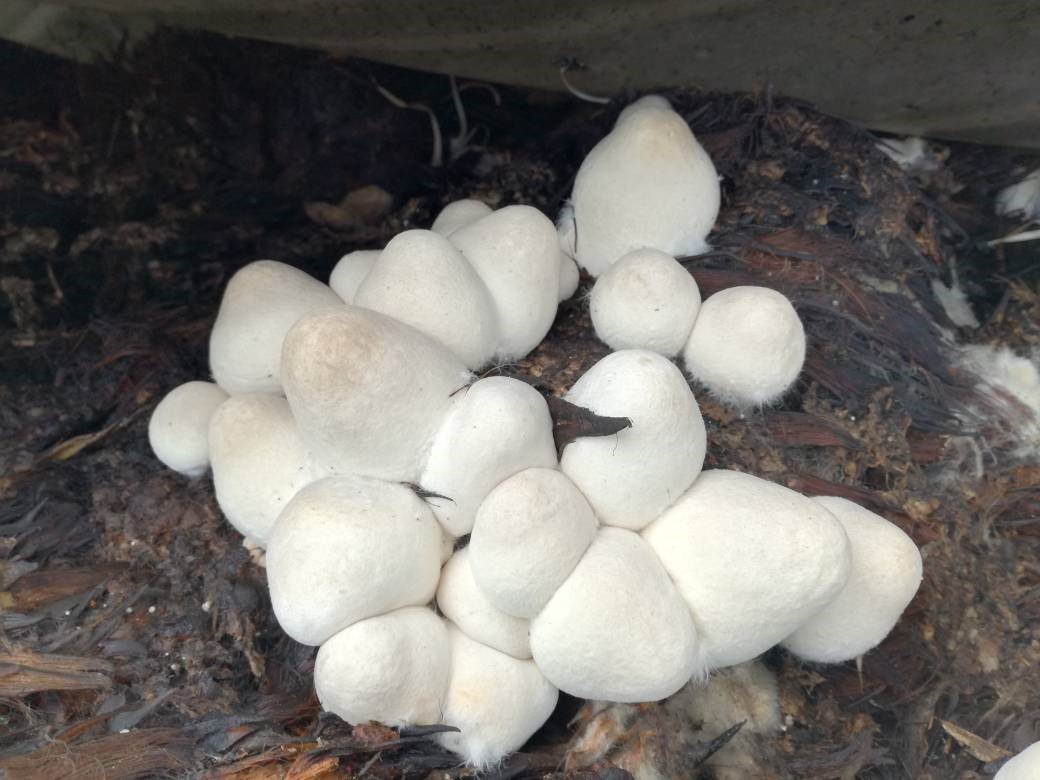
Cendawan Volvariella Volvacea
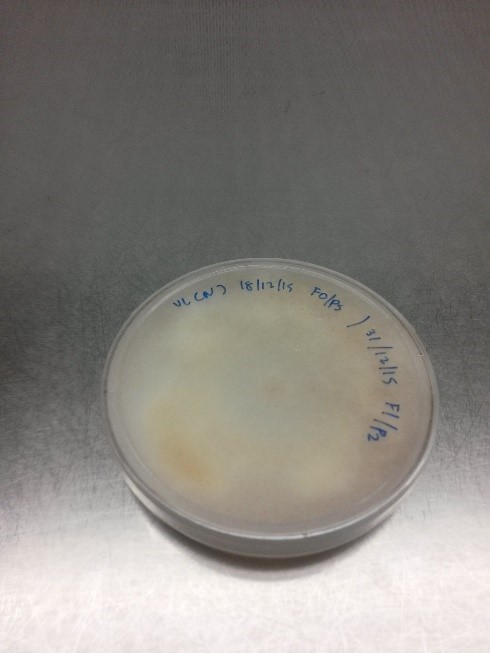
Mycelium
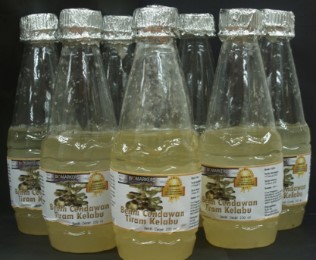
Liquid Seed
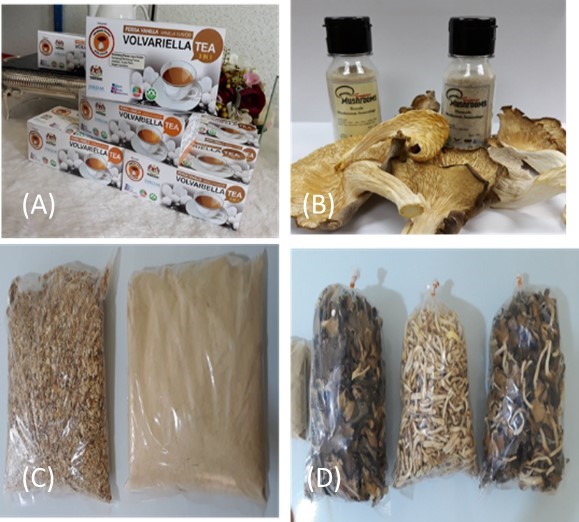
Downstream products derived from mushroom. (A) Volvariella Tea (Tea Volvariella),(B) Serbuk Perasa (Seasoning) (C) Serbuk Cendawan Kering (Dried mushroom powder) (D) Cendawan kering
For further inquiries, please contact SISPA.
